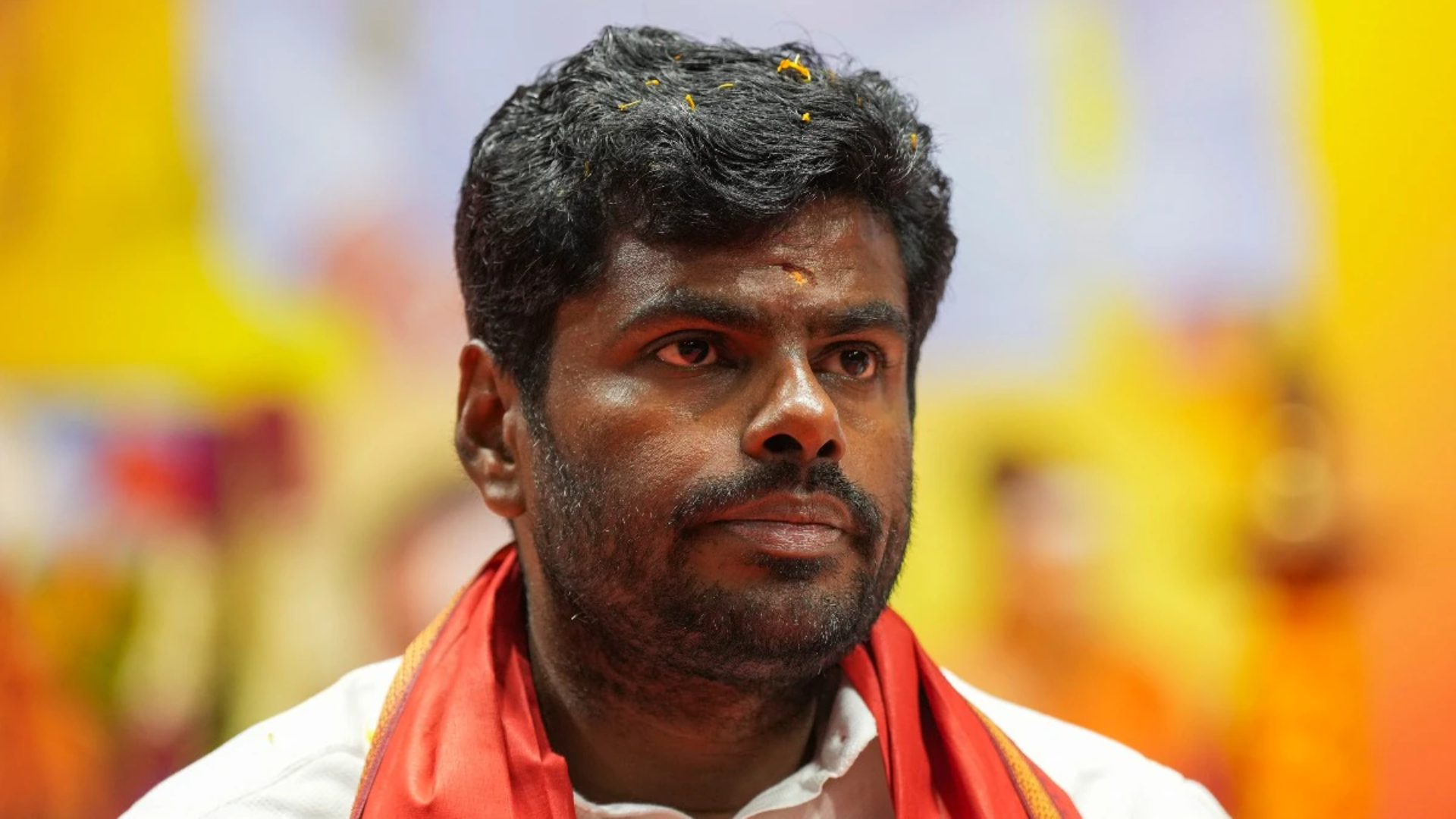National Conference (NC) Vice President Omar Abdullah has secured his second seat, winning from Ganderbal by a margin of 10,574 votes. This follows his earlier victory in Budgam. After Omar’s success, NC President Farooq Abdullah expressed confidence, stating that his son “will become the Chief Minister.”
Meanwhile, the alliance between the National Conference and Congress has crossed the majority threshold of 46 seats. The NC has secured 41 seats and is leading in one more, while the Congress has won six. The Bharatiya Janata Party (BJP) has taken 29 seats, with the People’s Democratic Party (PDP) winning three. Additionally, seven Independent candidates have been declared winners.
In a surprising development, the Aam Aadmi Party (AAP) claimed its first-ever seat in Jammu and Kashmir by winning the Doda Assembly constituency.
This election outcome marks a significant step towards establishing the first elected government in Jammu and Kashmir since the abrogation of Article 370 in 2019.
But what factors led Omar Abdullah to win?
The Resurgence of the Abdullah Family in Kashmir:
In recent years, Jammu and Kashmir’s political landscape has undergone significant changes. The National Conference (NC), led by the Abdullah family, has seen a remarkable resurgence, establishing itself as the most pro-India political force in the region. This shift comes after the fall of the Peoples Democratic Party (PDP), which had previously been a key competitor to the NC, especially in the valley.
The Pro-India Stance of the NC
For decades, the National Conference (NC) has maintained its position as the foremost pro-India political entity in Jammu and Kashmir. Under the leadership of the Abdullah family, the party has advocated for political autonomy within the framework of the Indian Constitution, while supporting India’s sovereignty over the region.
Despite facing challenges over the years, including the rise of separatist ideologies and militant activities, the Abdullah family has consistently campaigned for integration with India, appealing to the electorate’s sense of national pride and security.
The Decline of the PDP
The fall of the PDP has been a key turning point in the region’s political dynamics. Once seen as a major competitor to the NC, the PDP, led by the Mufti family, has lost its appeal in recent elections. While the PDP had garnered significant support in the 2014 Assembly elections, it saw a decline after its alliance with the Bharatiya Janata Party (BJP) collapsed in 2018. The party’s credibility was further damaged by internal divisions and its failure to deliver on key promises, particularly with respect to autonomy and governance in Jammu and Kashmir.
The Abdullahs
Omar Abdullah’s recent triumph in the Jammu and Kashmir Assembly elections has reestablished his political influence, particularly in the valley. This victory comes after his defeat in the 2024 Lok Sabha elections, where Engineer Rashid secured the Baramulla seat.
As early trends pointed to his success, his father, Farooq Abdullah, the National Conference (NC) chief and a sitting MP, confidently declared that Omar would soon take the reins as Chief Minister once again.
Omar Abdullah, who served as the Chief Minister of Jammu and Kashmir from 2009 to 2015, continues the legacy of his family, with both his father and grandfather, Sheikh Mohammad Abdullah, having held the same position in the past.
This victory in the 2024 Assembly elections not only reinforces the Abdullah family’s dominance in Kashmir’s political landscape but also signals the ongoing influence of their political dynasty in the region.
Did You know:
Sheikh Mohammad Abdullah (5 December 1905 – 8 September 1982), often hailed as the “Tiger of Kashmir,” was a pivotal figure in the political history of Jammu and Kashmir. He founded the All Jammu and Kashmir Muslim Conference, which later evolved into the Jammu and Kashmir National Conference. A fierce advocate for Kashmiri self-rule, Abdullah led a movement against the Maharaja Hari Singh’s rule and played a critical role in shaping the region’s political future post its accession to India.
Known for his strong leadership, he became the first elected Prime Minister of Jammu and Kashmir after its integration into India. His calls for autonomy and resistance to external control drew the ire of the Indian government, which eventually led to his arrest, accusing him of supporting insurgency. On 8 August 1953, he was dismissed from his position as Prime Minister, with Bakshi Ghulam Mohammad succeeding him.
For the people of Jammu and Kashmir, this marks a new chapter—one where the National Conference’s vision for development, peace, and integration with India is likely to shape the region’s future political trajectory.
Also Read: So Called Wrestlers, Are Not Heros’: Former WFI President Brij Bhushan On Vinesh Phogat























